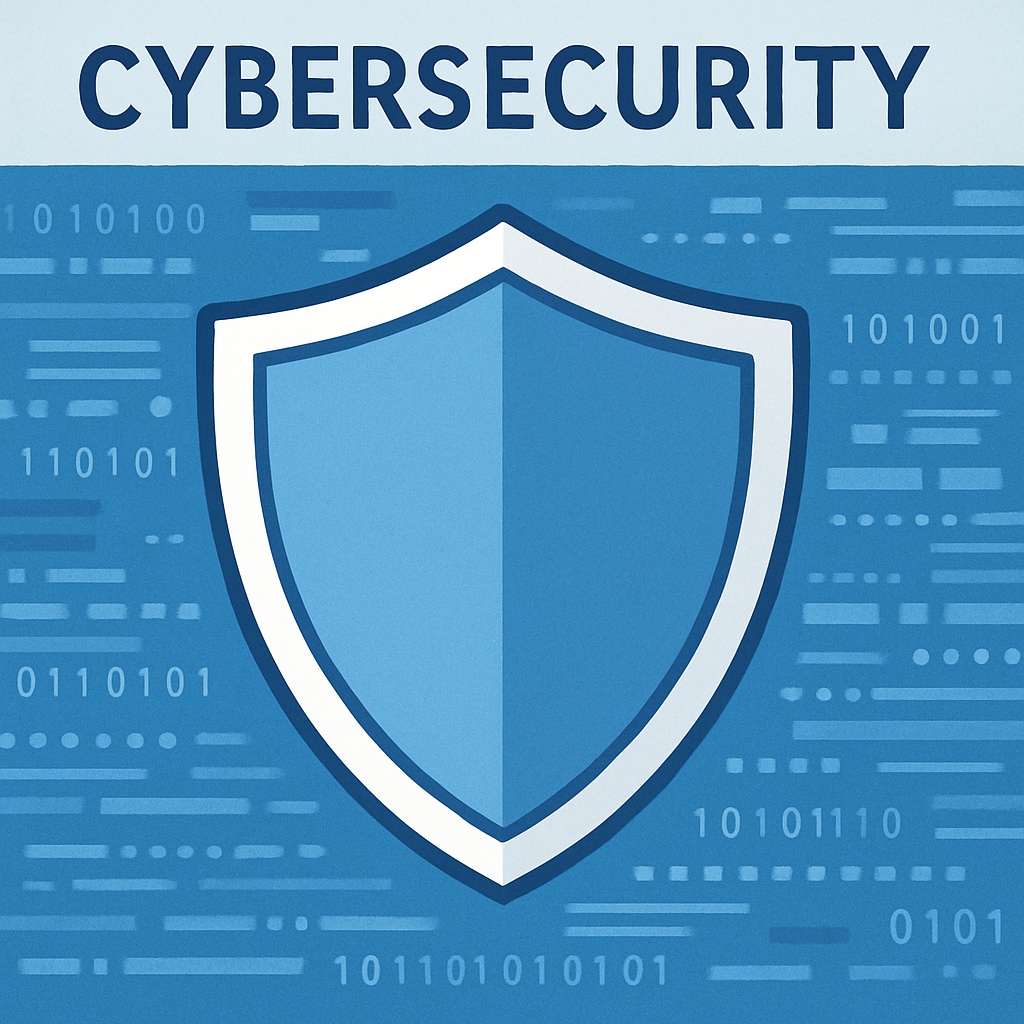In today’s digital era, the fields of cybersecurity, data science, and career choices are becoming increasingly interconnected. As the demand for skilled professionals in these areas grows, K12 education has a pivotal role in preparing students for success in these transformative and highly sought-after career paths. By integrating innovative teaching methods, fostering critical thinking, and promoting technological literacy, schools can lay the groundwork for students to thrive in an ever-evolving technological landscape.
The Rising Importance of Cybersecurity and Data Science
The digital transformation across industries has made cybersecurity and data science two of the most critical fields in the modern workforce. Cybersecurity focuses on protecting sensitive information and systems from cyber threats, while data science emphasizes extracting actionable insights from complex data. Both disciplines are integral to the success and resilience of organizations worldwide.
According to Britannica, cybersecurity is essential to safeguarding personal, corporate, and governmental assets against increasingly sophisticated cyberattacks. Similarly, Wikipedia highlights data science as a multidisciplinary field that blends statistics, computer science, and domain knowledge to solve real-world problems. These fields not only offer lucrative career opportunities but also have far-reaching societal impacts, making them attractive choices for aspiring professionals.

How K12 Education Can Build a Foundation for Future Careers
To prepare students for careers in cybersecurity and data science, K12 education must evolve to meet the demands of these technologically advanced fields. Early exposure to STEM (Science, Technology, Engineering, and Mathematics) subjects is crucial. Schools can implement hands-on projects, coding workshops, and problem-solving activities to spark interest in these domains.
Key areas where K12 education can make an impact include:
- Critical Thinking: Encouraging students to analyze problems and think logically prepares them for data-driven decision-making in both cybersecurity and data science.
- Digital Literacy: Familiarizing students with technology tools and programming languages helps them gain a competitive edge.
- Ethics and Responsibility: Teaching the ethical use of data and responsible online behavior is vital, especially for those pursuing careers in cybersecurity.
By creating an engaging and future-focused curriculum, educators can inspire students to explore these fields further as they progress through their academic journeys.

Making Informed Career Choices in the Digital Age
The journey toward a career in cybersecurity or data science begins with informed decision-making. K12 students need exposure to career exploration programs, mentorship opportunities, and practical experiences. For example, partnerships with tech companies or local universities can provide internships, hackathons, and workshops that allow students to apply their skills in real-world scenarios.
Additionally, K12 education can incorporate career guidance sessions that highlight the diverse roles within these fields. From roles such as cybersecurity analysts and ethical hackers to data scientists and machine learning engineers, students can gain a clear understanding of the paths available to them. This guidance not only helps students make well-informed decisions but also ensures they align their interests and strengths with the right opportunities.
Readability guidance: The key to effective education lies in clear communication. Short paragraphs, actionable insights, and engaging examples make complex topics accessible to students, parents, and educators alike.


